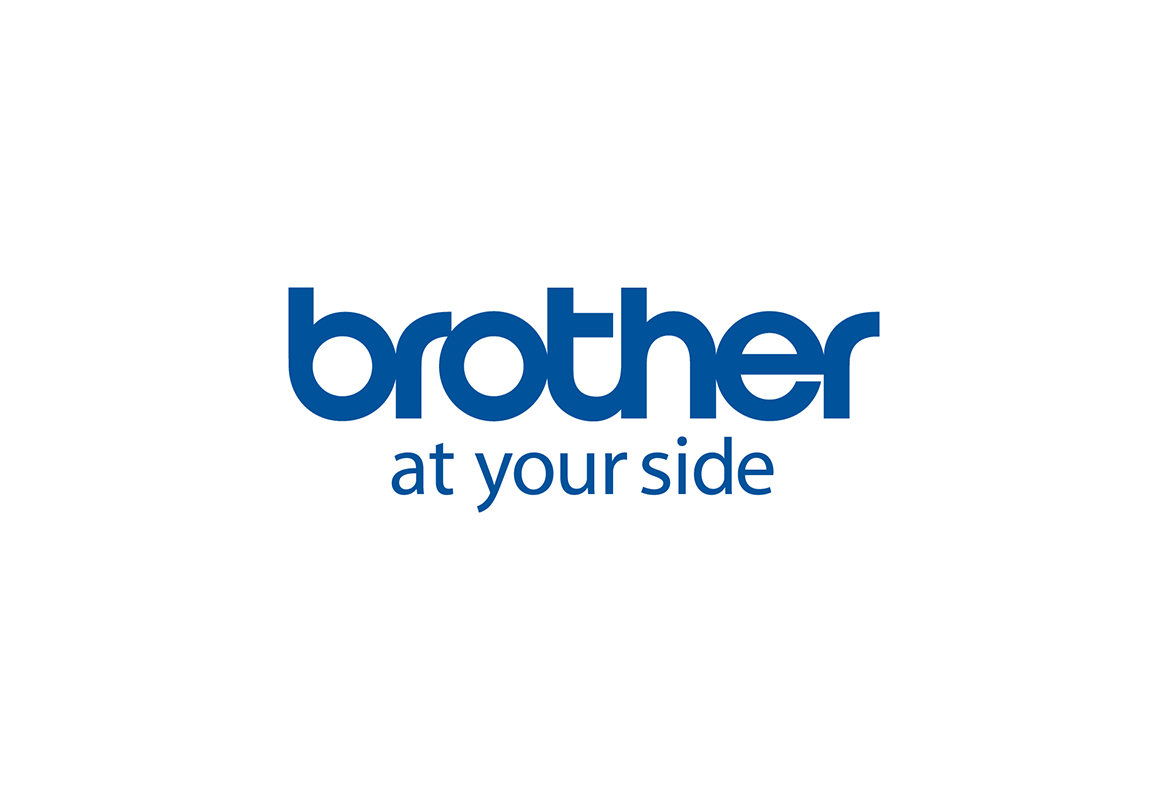
Home workers’ expenses: What can they claim?
With huge sections of the UK workforce working from home during the pandemic, strain was put on home working environments.
Home Wi-Fi was used more and more, heating and electricity costs naturally went up with more time spent at home, and many people had to make do with make-shift workstations. And as many businesses now evolve to hybrid working environments, a lot of these challenges remain.
But there is relief available for both employees and employers. Employers can make tax free payments to their at home employees to cover many of these costs, and employees also benefit from work from home tax relief. Here we explain how employers can seek tax exemption for reimbursements paid to remote workers and how employees can claim tax relief for home work costs. We’ll also detail how office equipment can be best supplied to remote workers.
Employer reimbursement
Section 137 of the Finance Act 2003 introduced a tax exemption for reimbursement payments made by employers to employees for any reasonable costs they incur while working from home. This means that employers can make tax free payments to their at home workforce.
The type of employer reimbursements that are eligible for exemption are those that are specifically incurred through working at home. And that wouldn’t be incurred if the employee worked on-site, including:
- Additional costs of heating, water and electricity.
- Additional internet and telephone costs.
- Home contents insurance increases to cover work equipment.
To qualify for this exemption, an employee must:
- Work from home regularly, such as a set number of days each week, although these days can vary.
- Work from home as part of a specific agreement between the employer and employee. The work from home can’t be informal or outside of normal working hours, such as in the evenings or at weekends.
Employer reimbursements that are not eligible for exemption are payments made for:
- Costs that would be the same whether an employee works from home or on-site, such as fixed water rates, mortgage payments or council tax.
- Costs incurred for establishing a work from home workspace, like the cost of equipment, furniture or building alterations.
Employees seeking work from home tax relief
Employees working from home can claim tax relief for additional household costs incurred by working from home.
To be eligible for tax relief, the employee must be required to work from home as part of their employment contract or required to work from home due to other external factors, such as COVID-19 safety measures. Employees are not usually eligible for tax relief if they voluntarily choose to work from home.
These expenses include:
- Additional gas, electricity and metered water charges
- Business phone charges
- Additional internet costs
Employees can claim work from home tax relief at:
- £6 per week (from the 6th of April 2020 onwards) without receipts or other evidence of additional working from home costs.
- The exact amount of additional costs incurred, above the weekly £6 amount – as long as those costs are supported by receipts, invoices, or contracts.
However, employees must understand that they’ll receive tax relief based on the tax rate they pay. For instance, if they claim £6 per week and pay a basic tax rate of 20%, they’ll receive £1.20 in tax relief per week (20% of £6).
Office equipment reimbursement
To work effectively and safely at home, most employees will need to be supplied with office equipment. This could include a monitor, external mouse and keyboard, printer, office chair, and potentially a desk.
However, the way in which employees receive these items – or get financial compensation for these items – can have different tax implications.
Employer purchased home office equipment
Where an employer has purchased office equipment, an employee won’t have to pay tax on the assets received as long as the equipment is not used privately. This is generally recommended as the best way for employers to supply office equipment to their employees.
If the employee does use the equipment for private use, they may become liable to pay income tax and national insurance on the assets received. Employees should be discouraged from doing so.
Employee purchased home office equipment and employer reimburses the costs
Where an employer reimburses an employee for office equipment they purchased, this reimbursement is seen as taxable income and will be subject to income tax and national insurance. It’s recommended that this form of purchasing home office equipment should be avoided.
Employer purchased home office equipment, but the employer does not reimburse the costs
If an employee purchases home office equipment for work use, and the employer does not reimburse them, the employee can claim tax relief if they are able to satisfy the requirements to claim capital allowances.
This is likely to be straightforward for computers and printers but will be difficult to claim for office furniture and other ancillary equipment.
Sources
https://www.gov.uk/hmrc-internal-manuals/employment-income-manual/eim01472
https://www.gov.uk/hmrc-internal-manuals/employment-income-manual/eim01474
https://www.gov.uk/tax-relief-for-employees/working-at-home https://taxaid.org.uk/guides/information/issues-for-employees/employee-expenses/homeworking-rules-and-expenses
https://www.att.org.uk/home-sweet-home-%E2%80%93-tax-relief-home-working



